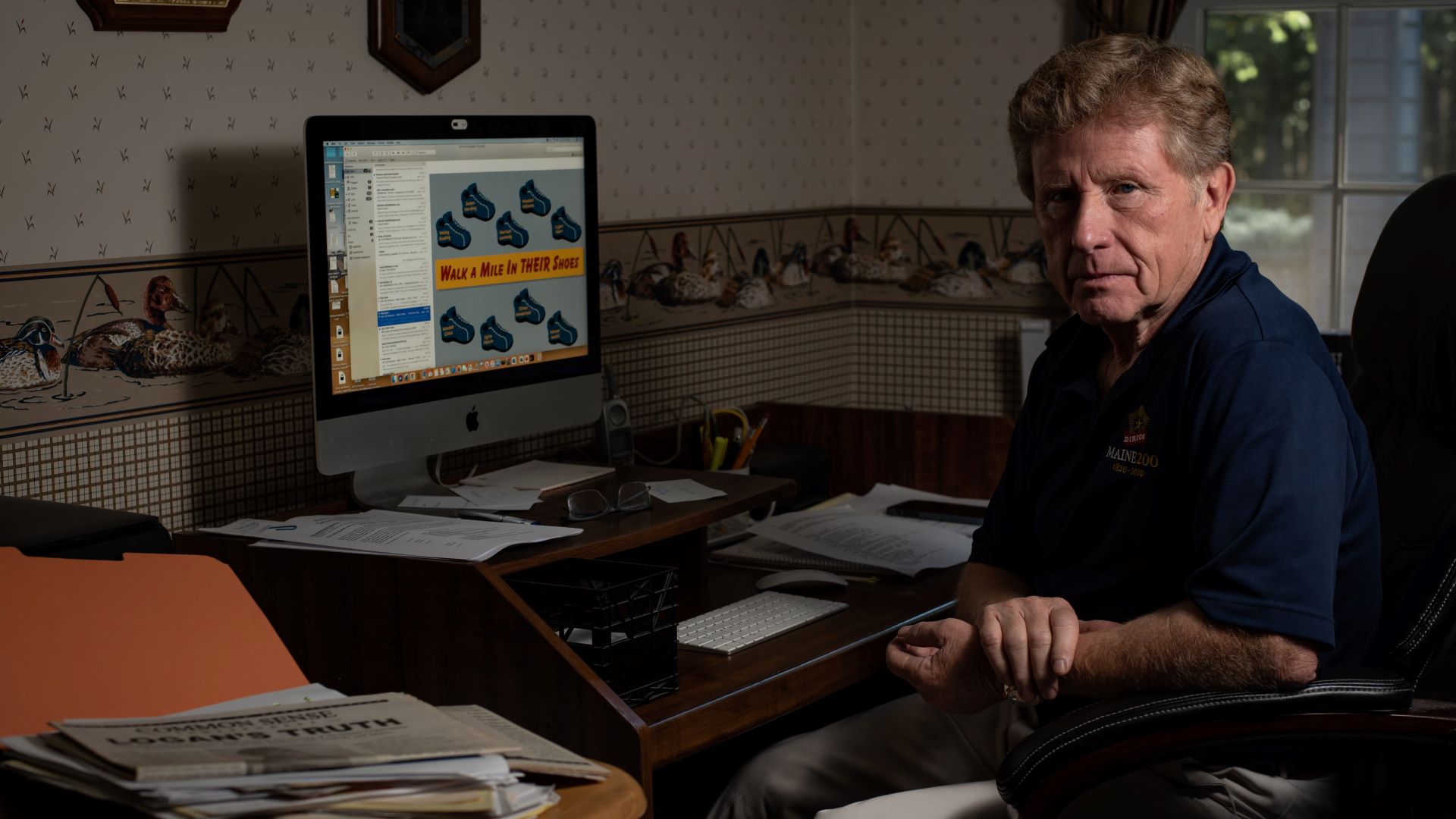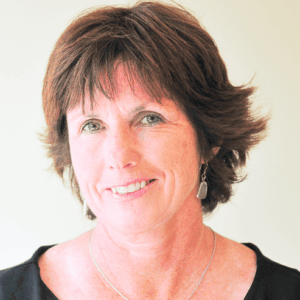Maddox Williams. Hailey Goding. Sylus Melvin. Baby Harding.
Two Maine toddlers and two babies died in their homes last summer.
 A 6-week-old infant was shaken to death. A month-old baby died due to injuries police have not yet revealed. A 3-year-old was beaten to death. Another 3-year-old overdosed on fentanyl. Parents have been charged with murder in all four cases.
A 6-week-old infant was shaken to death. A month-old baby died due to injuries police have not yet revealed. A 3-year-old was beaten to death. Another 3-year-old overdosed on fentanyl. Parents have been charged with murder in all four cases.
The Maine Monitor reported on these heartbreaking deaths in its series “Unsafe Homes: Children in Peril.”
The unusually high number of child homicides prompted outrage and concern about Maine’s child protective services, which had contact with most of the families prior to the deaths.
An independent review by Casey Family Services, a national child welfare research organization, recommended in October that Maine’s Department of Health and Human Services improve its coordination and communication with law enforcement, hospitals and social workers during child abuse or neglect cases.
Though Health and Human Services Commissioner Jeanne Lambrew said her agency is committed to making changes and learning from the “tragic deaths,” state senator Bill Diamond (D-Windham) criticized the Casey Family’s report. A longtime child advocate, Diamond said it did little to address DHHS’s systemic problems that fail to protect children.
Without changing the culture and protocols at DHHS, Diamond fears more children will perish in their homes like those who died this past summer.
“It’s important to make sure these children are never forgotten,” Diamond said. “And to keep the spotlight on their memories and on the systemic failures that contributed to their deaths.”
Diamond said he is constantly reminded about Maddox Williams, Hailey Goding, Sylus Melvin and Baby Harding.
“I can’t go anywhere without someone bringing up their deaths,” Diamond said. “The public is demanding changes.”
Diamond is optimistic that nine new bills to be considered in the upcoming legislative session will offer more transparency and accountability in the child welfare system.
One of the bills proposes that the Government Oversight Committee receive reports on the child protective services every three months instead of only when “something bad happens,” said Diamond, who drafted two of the bills.
Other bills include increasing funding for the Child Welfare Ombudsman’s office, which reviews concerns and complaints about abuse and neglect cases, and expediting child homicide cases, which can take up to two years to be tried, Diamond said.
“If these cases can be prioritized and moved up to the front of the line, we can learn about the failures in the system and make the changes that need to be made sooner,” Diamond said.
Readers can explore The Maine Monitor’s original series, Unsafe Homes: Children in Peril.








